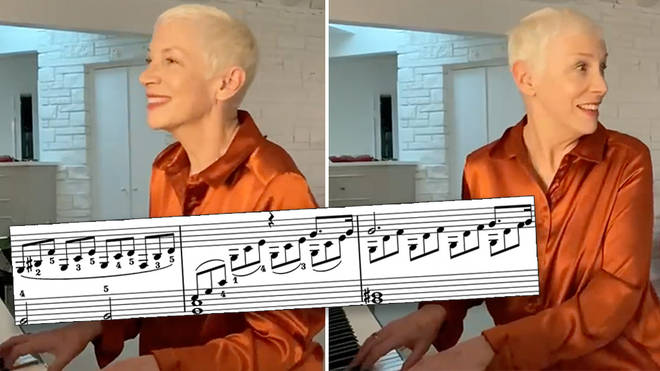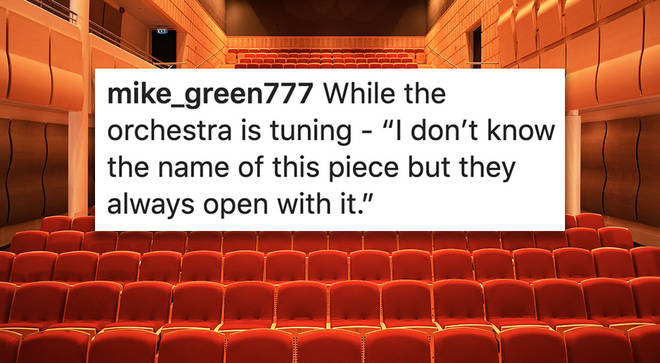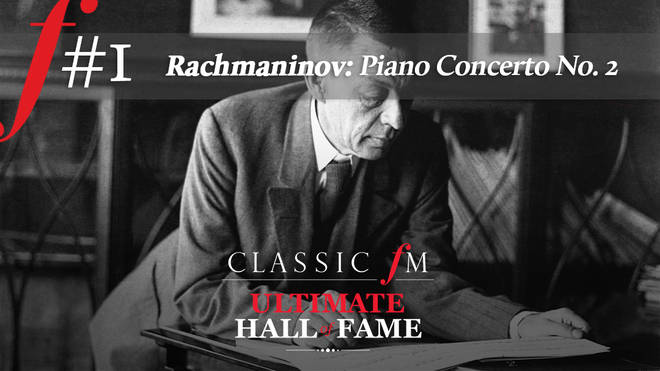
A
Musical Biography is first and foremost
a celebration of Peterson and his music.
Barris, who has known Peterson for over
fifty years, adulates his subject as
"Canada's greatest gift to the world of
jazz" . But while Barris's
cheer leading is at times refreshing, the
book is poorly organized and edited, and
makes little effort to provide a balanced
view of Peterson's musical life and
career.
Organized loosely in chronological
order, the book attempts to paint a
picture of Peterson's musical career by
presenting a deluge of anecdotes from a
variety of sources including Peterson
himself. Although Barris seems to have
had several opportunities to interview
Peterson directly, he also relies
extensively on third-party reflections
and other Peterson interviews. In fact, a
large part of the text consists of
quotations. There are frequent references
to record liner notes, newspaper articles,
Peterson's Web site (www.oscar
peterson.com), and books such as Gene
Lees' Oscar Peterson: The Will to Swing
(2000) and John Gilmore's Swinging in
Paradise: The Stoty of Jazz in Montreal
(1989). But readers who are interested in
tracking down Barris's citations and
second-hand retelling of stories will be
disappointed. There is no exhaustive list
of sources either in the form of end notes
or a bibliography.
However, Barris does
include an index and an extensive,
although not complete, discography.
(Peterson's recordings from the late
1940's are missing.) He also includes a
List of Permissions which lists some
sources, although not in alphabetical
order nor always with full citations.
(Curiously, Lees' book, while frequently
referenced, is absent from this list.)
Barris's book was published in 2002.
In the same year, Peterson's
autobiography A Jazz Odyssey: The Life
of Oscar Peterson made its triumphal
debut, and the updated version of Lees'
invaluable resource appeared only two
years before. Comparisons among the
books are inevitable; there are
considerable similarities in structure and
content. A striking difference, though, is
what Barris does not include. Whereas
Lees delves into Peterson's career and
personal life with verve, Barris skips
over much discussion of the latter. In a
prefatory Author's Note, he explains:
To the extent that that is possible,
I believe that anybody's private
life is his own business, and not
ours. Consequently, references to
Oscar's personal life are included
in this book only where they
have some bearing on his
musical or professional activities.
In contrast, Peterson's autobiography
does include ample discussion of
"Matters Personal," devoting an entire
section to it, with references to his failed
marriages and other problematic
relationships. Both Lees and Peterson
address the complicated relationship that
Oscar had with his severe father, which
Barris bypasses to emphasize only the
positive dynamics.
Throughout, Barris maintains a
genial, colloquial style of writing. This
is most successful when Barris recounts
his personal association with Peterson.
For example, in Chapter 1, "The Joe
Lewis of the Piano," Barris shares with
pleasure his discovery of Ella Fitzgerald
and Peterson jamming in the wings of
Massey Hall before an early 1950's
concert in Toronto. Similarly, in the
chapter entitled "Music and Fun," Barris
discusses Peterson's penchant for
practical jokes and tells of a goodnatured joke he played on Oscar. Some
passages go over the top, however, in
their gratuitous praise. Consider the
following passage in reference to the
album entitled Jousts:
What a marvelous idea it was for
Oscar (and to give him due
credit, Norman Granz) to go into
studios in Los Angeles, New
York, and even London,
England, with these trumpet
kings and give us all such joyous
jazz. (143)
Each of the twenty-eight chapters is
loosely guided by a theme, stringing
together sometimes disparate stories into
a collage of vignettes. For example, in
"The Amsterdam Scam," only a small
portion directly deals with the issue
suggested by the title, namely that the
music on the LP called The Oscar
Peterson Trio at the Concertgebuow
actually comes from a performance at
the Civic Opera House in Chicago. After
a little more than a page on the so-called
scam, Barris spends six paragraphs
discussing Peterson's singing on records,
both involuntary and intentional, after
mentioning that Peterson's voice is
heard humming along on one track of
the album. After identifying With
Respect to Nat as Peterson's second (and
last) recording where he sings and plays,
Barris detours for a further five
paragraphs on Nat King Cole's musical
career. Barris does bring the topic back
to the first digression of Peterson's
singing, but only after repeating in two
places that Cole died the same year the
LP was issued. An abrupt return to the
chapter's main topic is heralded with
"To get back to the Concertgebuow
CD ...."
However, Barris soon wanders
away again, quoting from an interview
with Herb Ellis (Peterson's guitarist in
his first trio) on the trio's musical
interaction, given in the liner notes for a
CD reissue. After one more brief
mention of musical selection
inconsistencies, the chapter fizzles out
with a review of Peterson's
performances on two other tracks.
Inconsistent organization and
repetition stemming from atrocious
editing plague many sections of the
book. On pages 65 and 75, the same
extended Ellis quote is used even though
the quote in the latter location is only
indirectly related to the content.
Barris
also writes that Peterson was ready to
perform a June 2001 concert as if it had
yet to occur (p. 221), but earlier in a
different chapter, Barris summarizes
how the June concert went (p. 215). The
chapter on "Oscar the Composer" is
particularly bad in this regard. On page
130, Barris writes "[Peterson] has with
age become more of an experimentalist,
taking greater risks and attempting
greater innovation," but just five lines
later he continues ". . . [Peterson] resisted
strong pressure from those who wanted
him to be an innovator.. . He's been
doing it for forty years, and he has
prevailed'' (italics added). It also takes
nine paragraphs just to get to the main
topic: "Oscar Peterson has done his
share of composing, too." Immediately
following this statement though, Barris
cites two paragraph-long remembrances
of Oscar's incredible musical memory as
a child, before the first substantive
discussion of Peterson's compositional
activities occurs.
These meafderings could at times be
considered a plus. For instance, Barris's
unexpected interpolation of a four-CD
listening guide to Oscar Peterson is,
nonetheless, a perfectly valid collection
of pivotal recordings. This list (pp. 158-
9) includes Oscar Peterson Beginnings
(194549), The Oscar Peterson Trio at
the Stratford Shakespearean Festival
(1956), Ella and Oscar (1975), and Last
Call at the Blue Note (1990). He
frequently provides interesting
anecdotes about other jazz musicians,
and there are extended forays into
people prominent in Peterson's life,
including his parents, his sister Daisy,
Johnny Holmes, Norman Granz, Ray
Brown, and Nat Cole. (Cole is discussed
with slightly conflicting information in
two separate locations.)
McNamara in a chapter on her work and
influence in Canadian jazz. But "Oscar
and the Jazz Lady" is really more about
how Barris himself put on a benefit
concert to help pay for McNamara's
medical expenses resulting from
Parkinson's disease. Peterson did
participate in the concert, but his role is
reduced that of a supporting character.
Still, the chapter holds together better
than most because Barris simply tells the
story instead of tediously relying on
other sources. It is clear that Barris has
led a fascinating life as a journalist and
broadcaster, and could probably write a
very interesting autobiography.
Alex Barris holds his subject in the
highest esteem. The photographs
selected for inclusion capture the jazz
virtuoso in his glory. But in spite of
some engaging passages, Oscar Peterson
suffers f?om poor editing, inconsistent
writing, and patchy scholarship. Barris
does share and celebrate Peterson's
public achievements. But aside f?om
some personal reflections and
reminiscences, he offers little that cannot
be found elsewhere.
James McGowan
University of Rochester





